
Resources 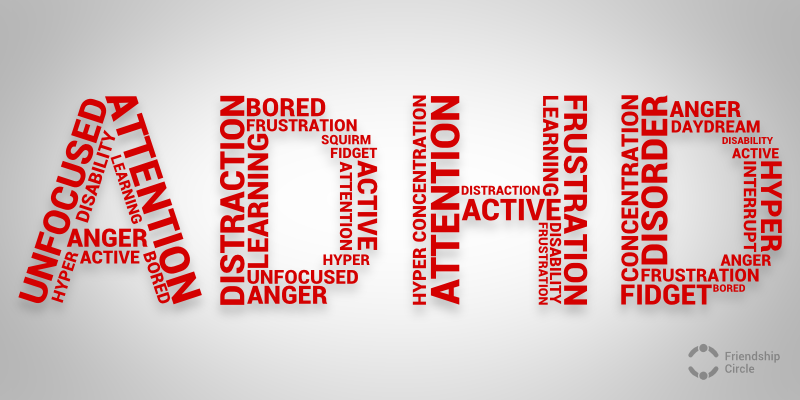
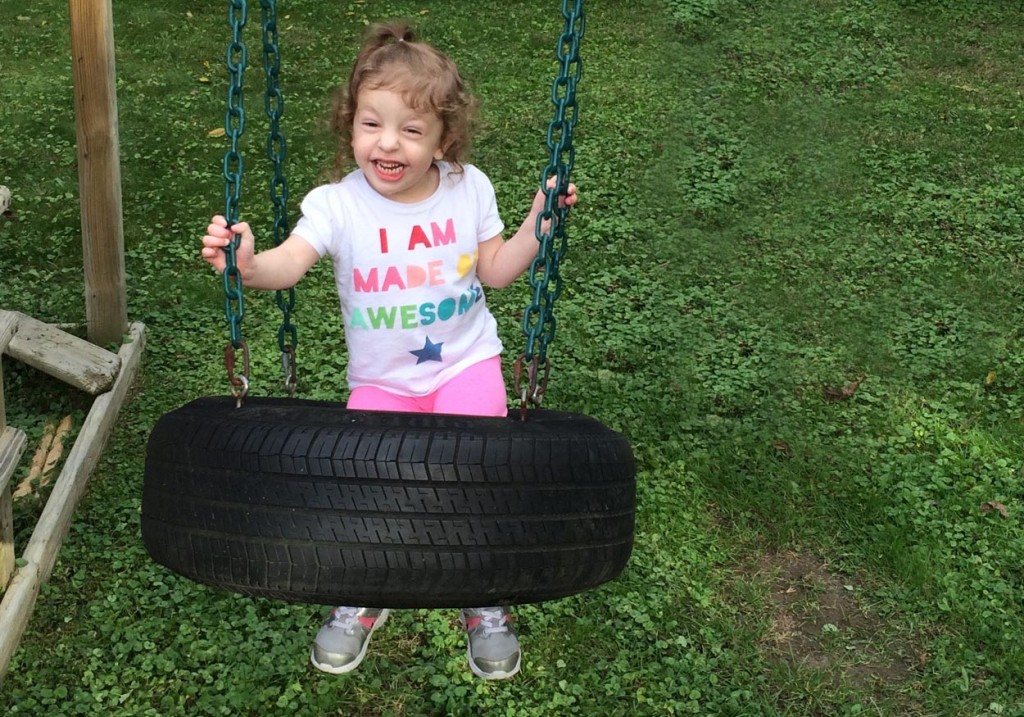
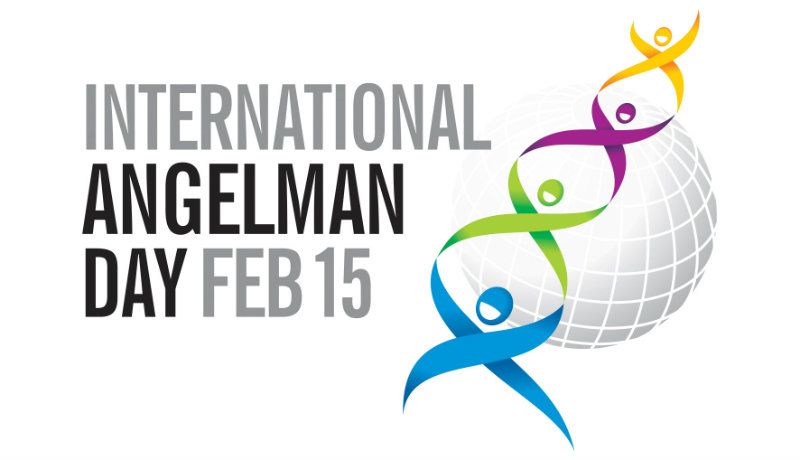


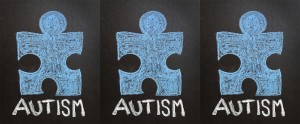
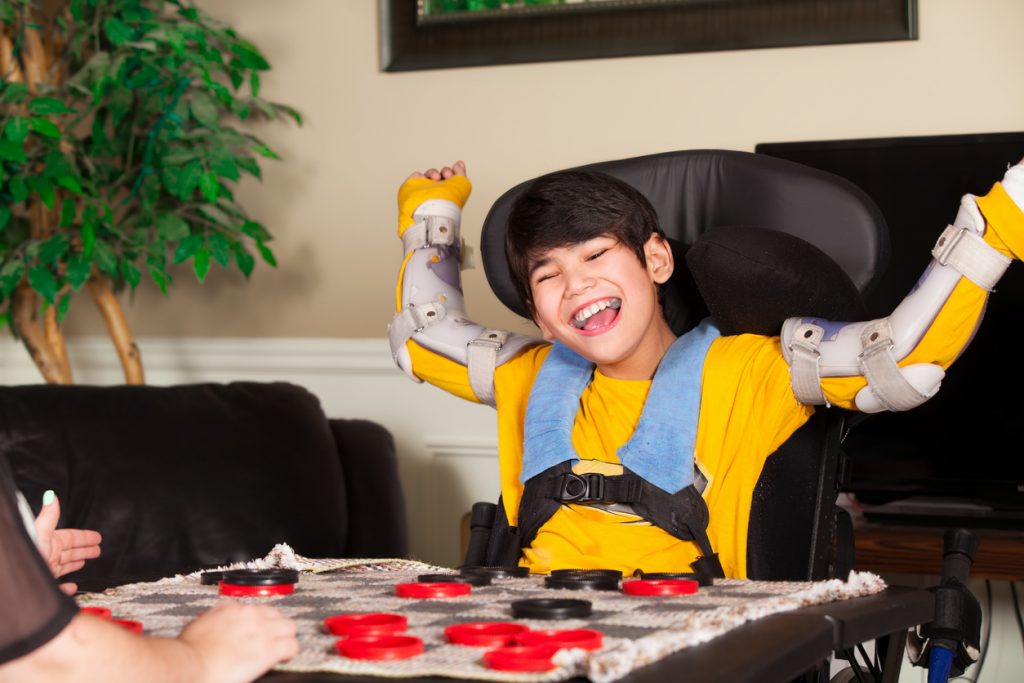
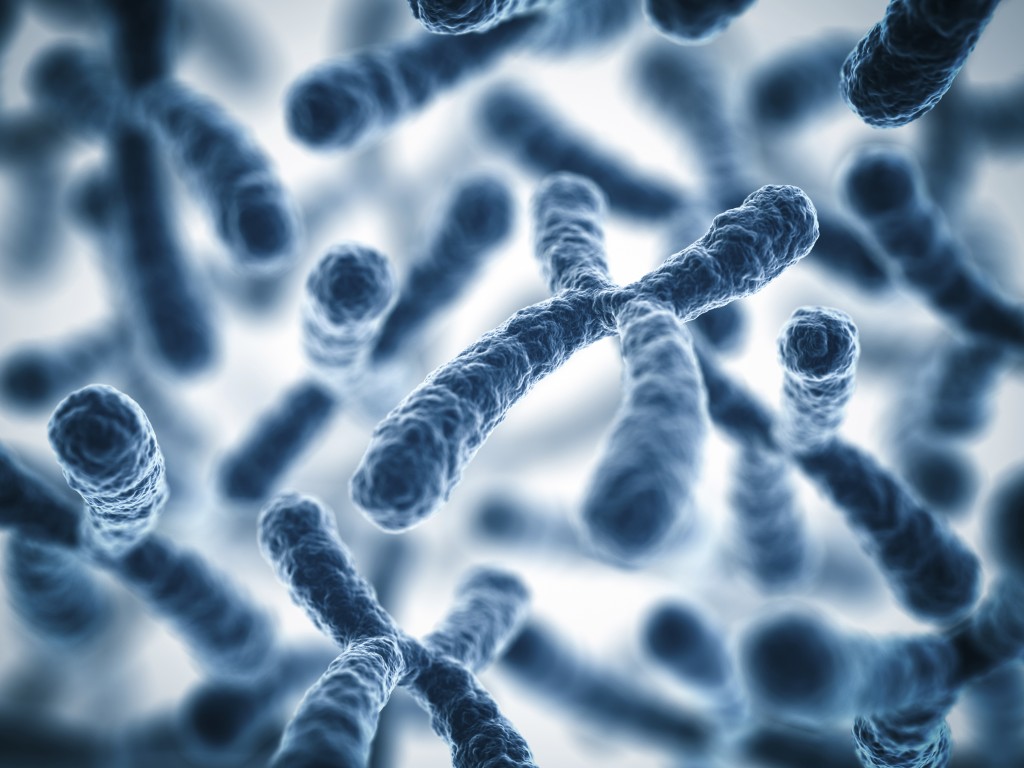
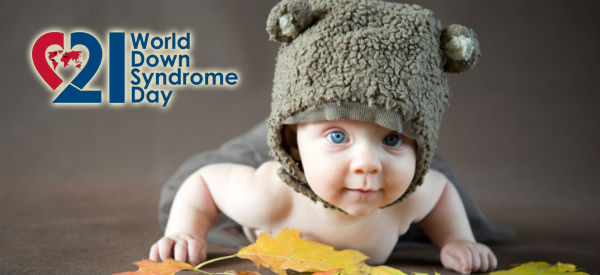
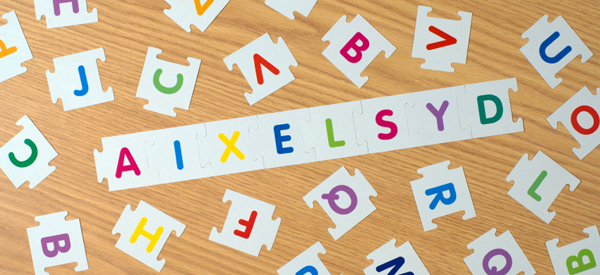
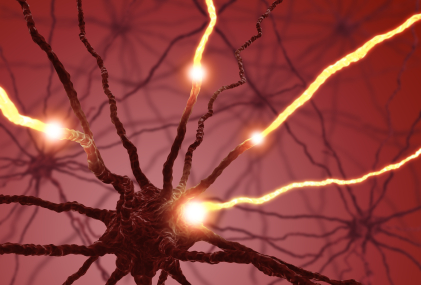

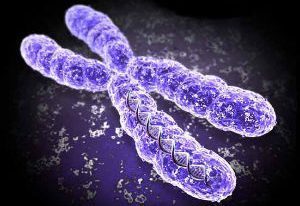
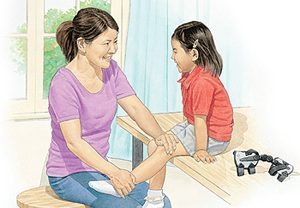
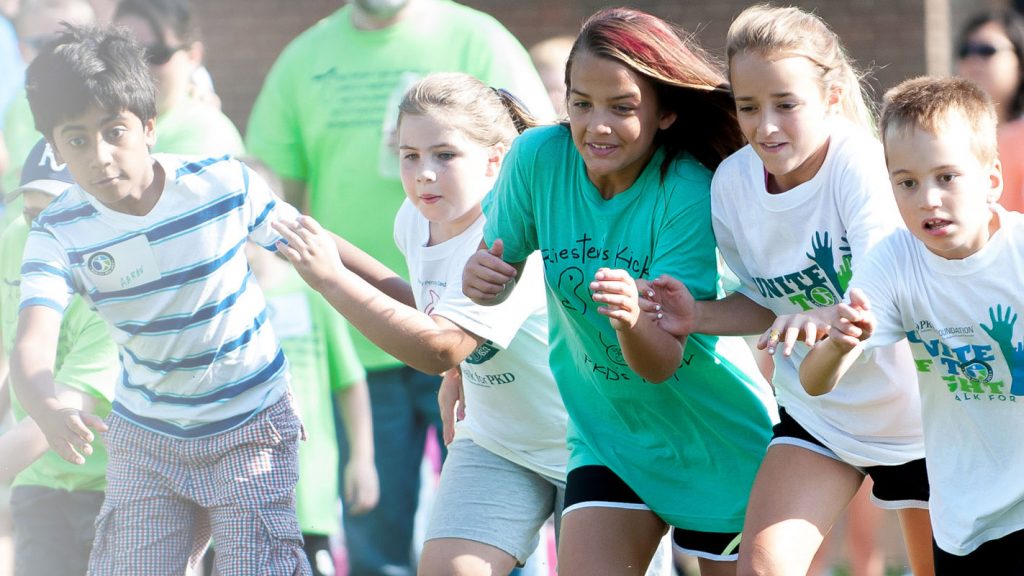
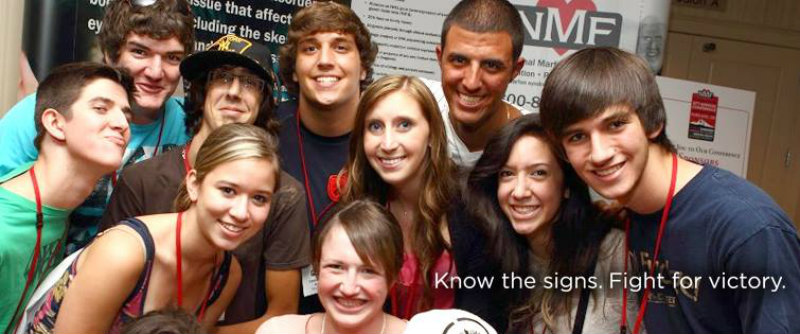
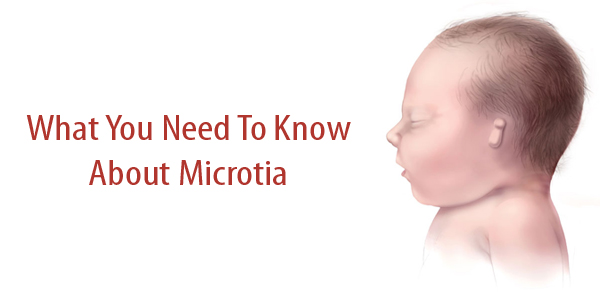
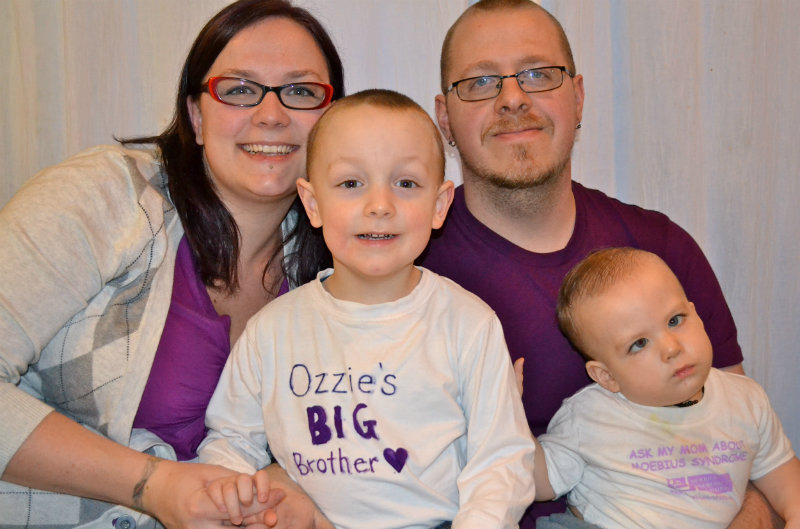


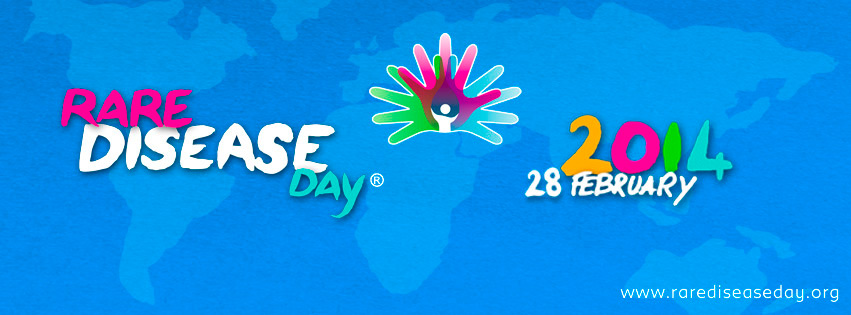
Where to Find Resources on Specific Special Needs
The Friendship Circle Special Needs Resources blog is full of posts that tell you where to go online for information, ideas, advice, and support for parents raising children with disabilities. You can always use the search function to locate articles of interest, but we've gathered here some places to start for a number of specific diagnoses, as well suggestions of where to go next.ADD/ADHD

Start with:
30 ADD/ADHD Resources You Should Follow on Facebook, Twitter, Pinterest, and More! Intro: "Attention deficit hyperactivity disorder (ADHD) is one of the most common childhood disorders and can continue through adolescence and adulthood. Diagnosing ADHD can be tough and once a diagnosis is discovered, the next steps are crucial." Resources: "There is a wealth of information on social media sites. Here is our list of ADD/ADHD resources you should be following."See also:
Other posts in our ADD/ADHD Resource Series: • What is ADHD? Nine Websites That Explain Attention (Hyperactivity) Deficit Disorder • Seven Organizations That Provide Support for Individuals with ADD/ADHD • 10 ADD/ADHD Blogs and Forums You Should Follow • 20 ADD/ADHD Books and Videos You Should Read and Watch • 10 Recreational Programs, Camps and Schools for Children with ADD/ADHD • 10 Toy Stores That Provide Great Activities for Children with ADD/ADHD • 20 Apps That Can Help Individuals with ADD/ADHDAgenesis of the Corpus Callosum

Start with:
What You Need to Know About Agenesis of the Corpus Callosum Intro: "ACC is a congenital brain defect. There is no cure. People who have ACC and their families need to learn how to live with the deficits and blessings that can accompany the disorder." Resources: "Here are nine organizations,clinics and research organizations that provide information, guidance and support for individuals with Angelman Syndrome."See also:
• More posts by Benji Rosenzweig on raising a daughter with ACCAngelman Syndrome

Start with:
What You Need to Know About Angelman Syndrome Intro: "Angelman Syndrome (often abbreviated AS) is a severe neurological disorder characterized by profound developmental delays, problems with motor coordination (ataxia) and balance, and epilepsy. Individuals with AS do not develop functional speech." Resources: "Here are nine organizations, clinics and research organizations that provide information, guidance and support for individuals with Angelman Syndrome."See also:
• An Interview with Dr. Edwin WeeberAnxiety

Start with:
6 Books About Anxiety For Families With Special Needs Intro: "Child anxiety is a widely misunderstood condition, especially when the child also has developmental delays. Anxiety doesn’t always look like anxiety." Resources: "Fortunately, there are well-established best practices to help children overcome anxiety and phobias. But they all require effort and patience from adults. Here are six books that can help families understand and overcome child anxiety."See also:
• Six Children’s Books That Help Explain about Anxiety, ADHD, SPD, Cancer, and AutismApraxia

Start with:
17 Apraxia Resources for Concerned Parents Intro: "Watching your child miss a milestone is a very worrying sign. If your child is missing speech milestones he or she may have a neurological condition called Apraxia." Resources: "In this post we provide 17 resources that will help you learn about apraxia and its characteristics."See also:
• Apraxia and Hyperlexia: A Tale of Two BoysAutism

Start with:
38 Autism Facebook Pages You Should Like Intro: "Imagine a safe place where you can share personal stories, get advice for behavioral issues, and maybe find a bit of inspiration or a glimmer of hope when you are having a rough day. Who better to talk to than someone going through the same struggles and triumphs as yourself?" Resources: "We have compiled a list of some great Facebook pages that deal directly with ASD. From support to news to encouraging messages, these pages will provide you with the latest topics in the Autism community. Please share your favorite ASD Facebook pages in the comments below."See also:
• 33 Autism Resources You Need to Read • Autism ArchiveCerebral Palsy

Start with:
Facebook Groups and More Social Media Resources for Parents of Children with Cerebral Palsy Intro: "Websites and organizations are a great source of information for parents of children with cerebral palsy. But sometimes what parents really need is a place to ask questions, share experiences, and offer assistance in a more real-time way—and social media is perfect for that. Resources: I asked Ellen Seidman, who writes about raising a son with cerebral palsy on her blog Love That Max, to suggest some Facebook resources she’s found helpful, and she mentioned the following places where parents gather.See also:
• 25 Cerebral Palsy Resources You Should Know About • 10 Must Have Products for Individuals with Cerebral PalsyChromosomal Disorders

Start with:
13 Chromosomal Disorders You May Never Have Head Of Intro: "You’ve heard of Downs syndrome and Fragile X syndrome, but what about Jacobsen syndrome? Or 22q11.2 deletion syndrome? In this post we bring attention to some lesser known chromosomal disorders."Includes resources for:
• Wolf-Hirschhorn Syndrome • Jacobsen Syndrome • Angelman Syndrome • Turner Syndrome • 22q11.2 Deletion Syndrome • Triple X Syndrome • Williams Syndrome • Cri du Chat Syndrome • Trisomy 13/Patau Syndrome • Trisomy 18/Edwards Syndrome • Cat Eye Syndrome • Trisomy 16 • Charcot-Marie-Tooth DiseaseDown Syndrome

Start with:
42 Great Down Syndrome Resources You Should Know About Intro: "March 21 marks World Down Syndrome Day on the Special Needs Calendar. World Down Syndrome Day is a global awareness day which has been officially observed by the United Nations since 2012. The day is is focused on raising awareness for individuals with Down Syndrome." Resources: "Check out these resources from the web, books, Facebook, Twitter and Pinterest and let us know your favorite Down Syndrome Resource in the comments."See also:
• A Reading List for Parents of Kids With Down Syndrome and Other Special Needs • Speaking to Your Child’s Classmates About Down SyndromeDyslexia

Start with:
A Complete Self-Help Guide for Dyslexia Intro: "My neighbor recently posted on Facebook, 'Talk to me about dyslexia. What are the biggest challenges? Any good do-it-yourself strategies for learning to write?' No one answered. So I decided to help out. Resources: Sally Shaywitz, author of Overcoming Dyslexia, writes about the importance of choosing a supportive literacy curriculum and following through with it. Here are some of the curricula that she recommends.See also:
• The Thirteen Top Special Needs Infographics • How Homeschooling Can Work for Your Child with Learning DisabilitiesEpilepsy

Start with:
10 Things You Should Know About Epilepsy Intro: "Epilepsy is a chronic neurological condition that causes recurrent seizures. Seizures can be a devastating, life challenging condition, however there are many misconceptions about epilepsy. here are 10 things you should know about epilepsy."See also:
• 6 Signs Your Child Might Have Epilepsy • What to Do When You See a SeizureFetal Alcohol Syndrome

Start with:
17 Fetal Alcohol Syndrome Organizations and Resources To Know About Intro: "Every year over 40,000 infants are diagnosed with a completely preventable syndrome. Fetal alcohol spectrum disorders (FASDs) are a group of conditions that can occur in a person whose mother drank alcohol during pregnancy. Resources: "There are numerous resources available for individuals looking for more information on FAS. Here is a list of organizations and resources to get you started."See also:
• 10 Great Books about Disability for Grown-UpsFragile X Syndrome

Start with:
12 Important Resources for Families with Fragile X Syndrome Intro: "Being a parent to a child with a disability, any disability, is like day after day of guiding your family’s boat through a constant storm. For parents of a child with Fragile X Syndrome, a leading cause of autism and intellectual disabilities, the storm may seem to rage on and on." Resources: "To help you get though the tough times we have provided a list of 12 must have Fragile X resources."See also:
• 10 Special Needs Organizations You Should Know AboutJuvenile Rheumatoid Arthritis

Start with:
Does My Child Have Juvenile Rheumatoid Arthritis? Intro: "I have decided to share a number of questions you should ask your doctor as well as ways you can prepare for your first doctor’s visit. In addition we have included resources for additional reading as well as my family’s personal story." Resources: Websites and booksSee also:
• Three Special Needs Books They Wished They Had Years AgoKidney Disease

Start with:
Information and Support for Parents of Children with Kidney Disease Intro: "When I was packing to go home from the hospital after the birth of our second child, my husband and I were told by the doctor on the phone that our new baby had an 'incurable kidney disease' that would 'require her to have a kidney transplant early in her life.' The doctor advised us to consult with a nephrologist. I laugh a little bit now at my response: 'What’s a nephrologist?' We were shocked, and we were just as devastated when we learned three months later our son had the same condition." Resources: Organizations to connect with and other recommended resourcesSee also:
• 19 More Summer Camps For Individuals With Special NeedsMarfan Syndrome

Start with:
12 Resources for Marfan Syndrome Awareness Month Intro: "February is Marfan Awareness Month. As Marfan Syndrome is quite rare many people have not heard of this condition. Take some time this month to learn about Marfan, and find ways to help the cause." Resources: General information, Marfan Syndrome organizations, blogsSee also:
• What You Need to Know About Rare Disease DayMicrotia

Start with:
What You Need to Know About Microtia Intro: "Have you ever heard of Microtia? Microtia is a little known congenital deformity where the outer ear and/or the ear canal is not developed causing hearing impairment. Microtia can affect one ear or both ears and occurs in 1 of every 8,000-10,000 births." Resources: Websites, support pages, videosSee also:
• 10 Ways a Speech-Language Pathologist Can Help Your ChildMoebius Syndrome

Start with:
12 Resources for Moebius Syndrome Awareness Day Intro: "January 24th is Moebius Syndrome Awareness Day, which is celebrated annually on the birthdate of Professor Paul Julius Moebius, the doctor who first diagnosed the condition in 1888. In honor of this day, we have compiled a crash course of basic information on this rare neurological disease and some resources to provide ample information for anyone involved or interested in the Moebius Syndrome community. Resources: Though a rare disease there are still a few places to find help, support, and information regarding Moebius Syndrome.See also:
• What You Need to Know About Rare Disease Day • Mom, I Hate Having Down Syndrome (comment from adult with Moebius Syndrome)Noonan Syndrome

Start with:
51 Websites, Videos, and Other Resources on Noonan Syndrome Intro: "Noonan syndrome has been called 'one of the most common rare syndromes you’ve never heard of.' It is a genetic disorder that causes abnormal development of multiple parts of the body. Part of a group of related conditions called the RASopathies, it is estimated to be found in 1:1,000 to 1:2,500 persons worldwide. The following resources can help you learn more about Noonan syndrome and related disorders, and find support for your family if you’re parenting a child diagnosed with Noonan syndrome." Resources: About Noonan Syndrome, Noonan Syndrome organizations, Noonan Syndrome and RASopathies research, Noonan Syndrome social media groups, blogs, videos, books, organizations that focus on issues common to people with Noonan Syndrome.PTSD

Start with:
What Is Post-Traumatic Stress Disorder in Kids? Intro: "After our adult son’s treatment for post-traumatic stress disorder with origins in childhood trauma, I wanted to learn more about this common mental illness. I also wanted to find a good working definition of PTSD to share with people curious about our son’s story." Resources: Books, websitesSee also:
• June 27 is National PTSD Awareness Day • Confessions of a Post-traumatic Stress Disorder Advocate • 10 Causes of Post Traumatic Stress Disorder in Children • PTSD in Kids: What Risk Factors Exist? • 5 Myths and Misconceptions about Children and Post-Traumatic Stress DisorderRare Diseases



